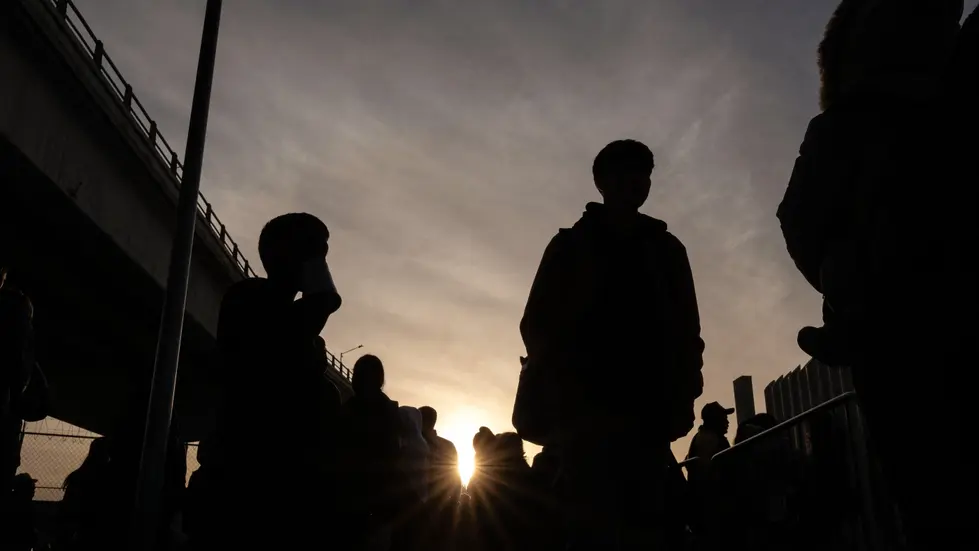T4K3.news
Asylum cases reset after missed screening
Dozens of asylum filings face dismissal due to missing credible fear interviews, sparking legal and human costs across the system.

Dozens of asylum applications were dismissed because applicants did not receive a required credible fear interview.
Asylum cases reset after missed screening
USCIS has notified dozens of asylum applicants that their cases are terminated because they did not receive the required credible fear interview. The letters cover cases filed between 2019 and 2022, and they say processing is terminated until a credible fear interview is completed. The credible fear interview is a screening step for people detained or who arrive seeking asylum.
Experts say a shortage of asylum officers and a surge in filings during the pandemic left interview slots unfilled. The administration says dismissal follows long-standing rules when a case was designated for expedited removal, and that the credible fear interview must come before full asylum proceedings. Lawyers warn the move could force people back into detention or strip work permits and protections after years in the United States, forcing families to restart a legal process.
Key Takeaways
"You're literally making documented people, again, undocumented, and they're already in here."
Rivera on the impact of these dismissals
"The credible fear interview is considered a screening tool."
Morgan Bailey on the policy and process
"They've already paid taxes. They've got jobs."
Arno Lemus on the consequences of delays
"There's a lack of trust and uncertainty that makes people afraid."
Florencia Garcia on the human effects
The episode shows a clash between policy aims and how the system actually works. A process meant to screen claims quickly now creates punitive outcomes when staffing and resources lag behind demand.
Critics say the approach undermines due process and feeds into a climate of deterrence that can harm people who have built lives in the United States. The policy carries budget and legal risks, as courts may weigh in on whether dismissals meet legal standards and whether people should be punished for administrative delays. In the coming weeks, lawmakers and advocates will decide if the administration can balance border control with protections that have long defined the asylum system.
Highlights
- Documented people, now undocumented, and left without protection
- The credible fear interview is a screening tool
- They've already paid taxes. They've got jobs.
- You're canceling employment authorization, forcing them to face ICE
Immigration policy risk and potential backlash
The policy shift here raises concerns about due process, the potential for mass detention, and budgetary and political backlash. The dismissal of long-pending asylum claims could lead to court challenges and increased scrutiny of how claims are processed.
The human cost of administrative shifts will shape how the public and courts view this policy
Enjoyed this? Let your friends know!
Related News

Microsoft releases Windows 11 24H2 update with new features

Asylum seeker sentenced for child rape

Mind blanking study reveals brain activity changes

NHS urges youth to get HPV vaccine

Misdiagnosis delays treatment in a young breast cancer patient

Colorectal cancer screenings expand as cases rise

Garmin Forerunner 570 review highlights its price issues

Chagas disease detected in Midwest wildlife
